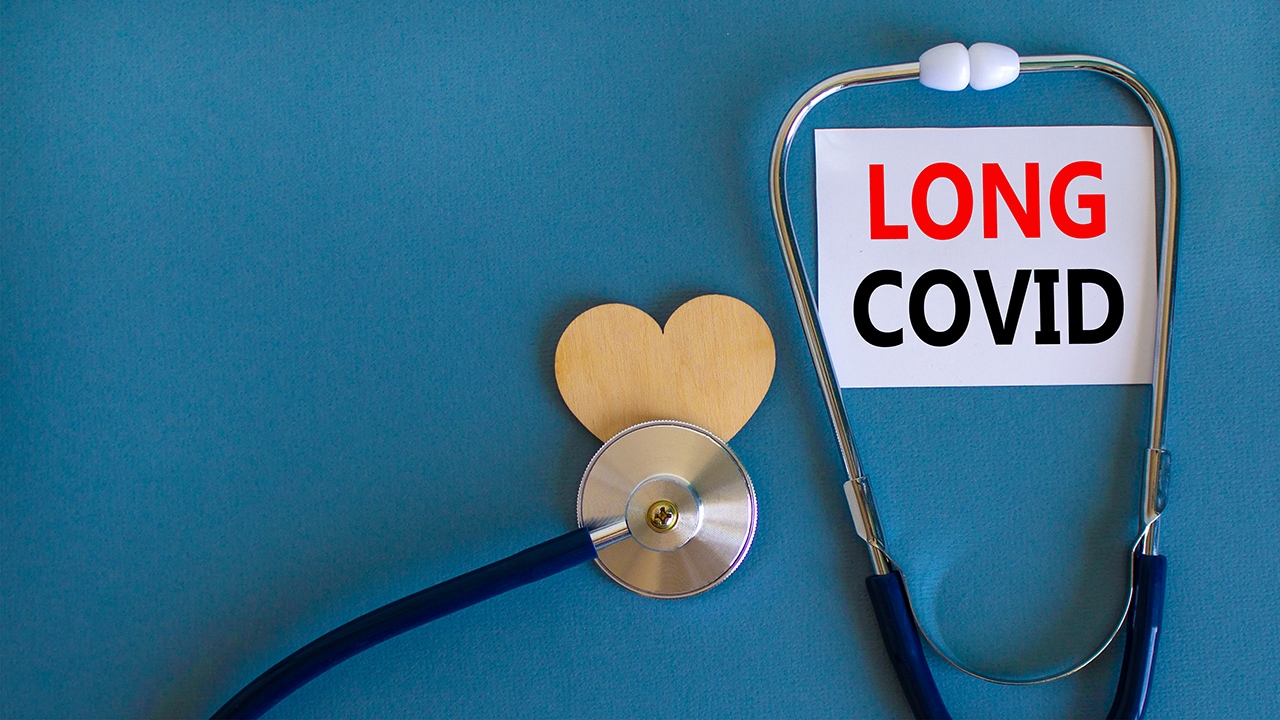A study which found that aerosolized novel coronavirus could be spread nearly 15 feet — twice what health officials had believed — has been retracted, but the journal isn't saying why.
Practical Preventive Medicine published the paper in early March. Titled "An epidemiological investigation of 2019 novel coronavirus diseases through aerosol-borne transmission by public transport," the authors, from institutions in China, looked at the spread of the virus on a bus linked to one infected passenger.
According to the abstract:
This COVID-19 outbreak was transmitted by a public transport resulting in 11 confirmed cases including one asymptomatic case and two third-generation cases.The farthest transmission distance of COVID-19 in the airtight air-conditioning bus reached 4.5 meters. This contagious virus could float in the air for 30 minutes at least and cause infection.
The researchers concluded:
The COVID-19 has strong transmissibility and can be transmitted by aerosol in a closed environment. To prevent infection, personal protection should be done well when taking public transports,and the ventilation and fresh air volume in public transports should be guaranteed, and the cleaning and disinfection in the carriage should be done well.
Not surprisingly, the article received a significant amount of attention in the media, including coverage in the South China Morning Post and the Daily Mail , among other outlets. The two papers even published a schematic of the bus the researchers described.
The Chinese-language journal has stated that it retracted the paper, but the notice doesn't say why. We emailed the publisher for more information but haven't heard back. The corresponding author on the paper did not immediately respond to a request for comment.
There have been a handful of COVID-19 studies from China retracted, and speculation that at least some of the moves came after government pressure. Nature reported last week that:
Over the past two months, it appears to have quietly introduced policies that require scientists to get approval to publish — or publicize — their results, according to documents seen by Nature and some researchers.
As we wrote last month in Wired , articles about Covid-19 are coming in a torrent. We’re willing to bet the latest retraction won’t be the last.
Hat tip: Amos Zeeberg
This article originally appeared on Retraction Watch.
Medscape Infectious Diseases © 2020







Comments